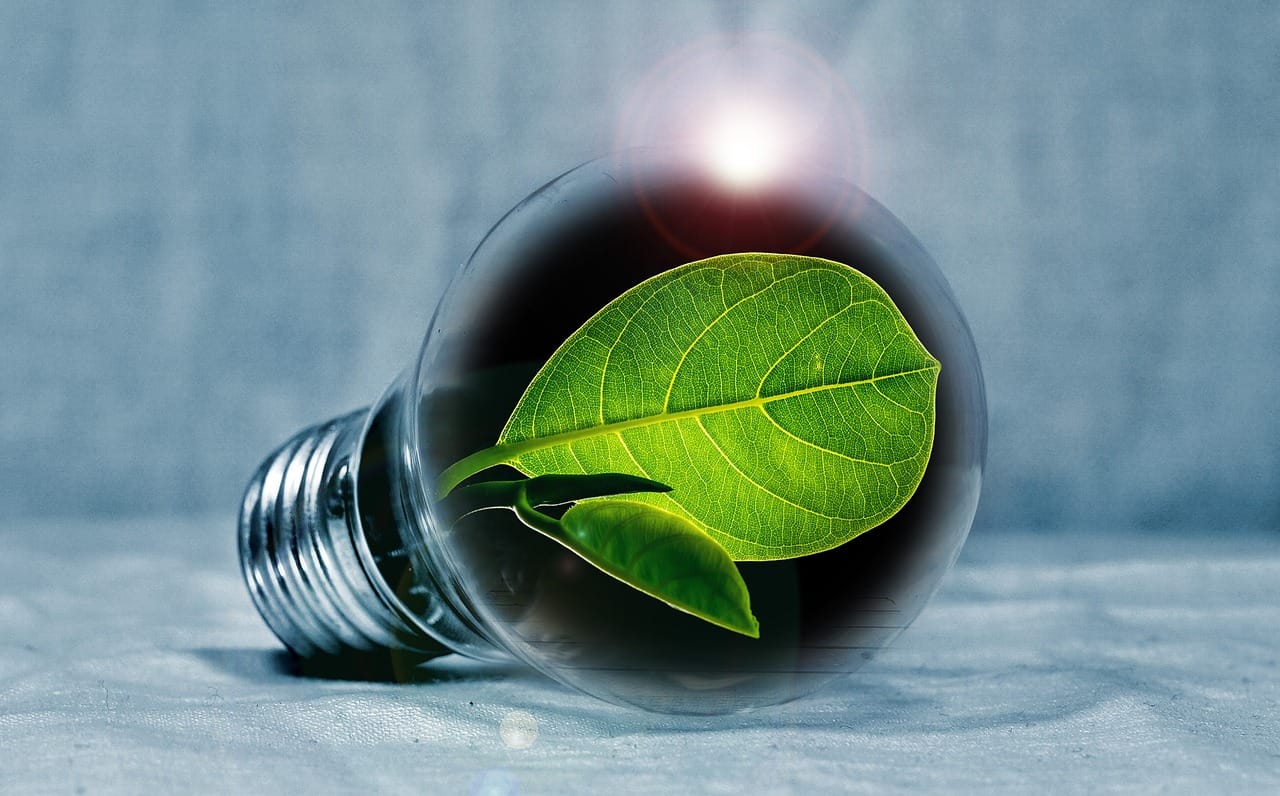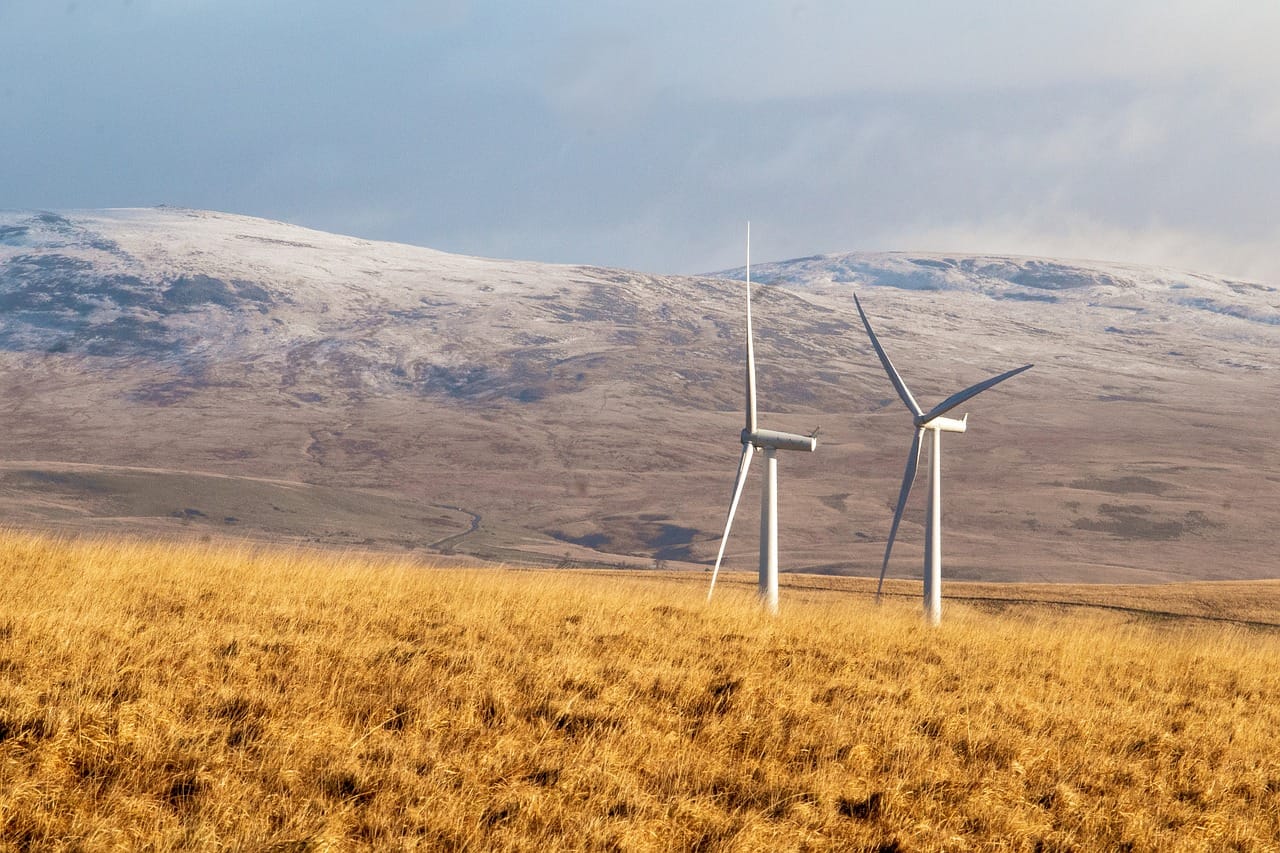The Imperative of Sustainable Economic Development in the Age of Green Energy
Explore the imperative of sustainable economic development in the age of green energy. Learn how embracing eco-friendly practices drives growth and resilience

Understanding Sustainable Economic Development
As we navigate the complexities of the modern world, the concept of sustainable economic development has emerged as a critical factor in shaping the future of our global economy. Sustainable economic development encompasses the integration of economic growth, environmental protection, and social progress, with the goal of meeting the needs of the present without compromising the ability of future generations to meet their own needs. It involves a holistic approach that takes into account the interconnectedness of economic, environmental, and social systems, recognizing that these systems are interdependent and must be managed in a balanced and integrated manner.
Sustainable economic development requires a shift in mindset, moving away from short-term gains and towards long-term, inclusive prosperity. It involves fostering economic growth that is environmentally sustainable, socially equitable, and economically viable. This entails embracing practices that minimize environmental impact, promote social well-being, and ensure economic resilience. By prioritizing sustainable economic development, we can create a future where economic progress is harmonized with environmental sustainability and social well-being, leading to a more balanced and resilient global economy.
The Impact of Green Energy on Economic Development

In today's rapidly evolving landscape, the integration of green energy has emerged as a transformative force in driving sustainable economic development. Green energy, often derived from renewable sources such as solar, wind, and hydroelectric power, offers a cleaner, more sustainable alternative to traditional fossil fuels. By reducing reliance on finite and environmentally damaging resources, green energy not only mitigates the impact of climate change but also fosters economic growth through the creation of new industries, job opportunities, and technological advancements.
The shift towards green energy has the potential to revolutionize economic development by reducing carbon emissions, enhancing energy security, and stimulating innovation. It fosters a more resilient and diversified energy infrastructure, reducing the vulnerability of economies to energy price shocks and supply disruptions. Moreover, the adoption of green energy technologies can lead to cost savings, improved public health, and enhanced environmental quality, all of which contribute to a more robust and sustainable economic future.
Eco-Friendly Policies and Sustainable Growth
Eco-friendly policies play a pivotal role in driving sustainable economic growth by establishing regulatory frameworks that incentivize environmentally responsible practices. These policies encompass a wide range of initiatives, including carbon pricing, emissions standards, renewable energy incentives, and sustainable land use planning. By integrating environmental considerations into economic decision-making, eco-friendly policies create an enabling environment for businesses to innovate, invest in clean technologies, and transition towards more sustainable production and consumption patterns.
The implementation of eco-friendly policies not only reduces environmental impact but also fosters economic resilience by mitigating the risks associated with climate change and resource depletion. It encourages the development of sustainable infrastructure, promotes the conservation of natural resources, and safeguards ecosystem services essential for human well-being. As a result, eco-friendly policies are instrumental in steering economies towards a path of sustainable growth, ensuring that economic development is aligned with environmental sustainability and the well-being of present and future generations.
The Role of Renewable Energy in Sustainable Economic Development
Renewable energy lies at the heart of sustainable economic development, offering a pathway towards decarbonization, energy independence, and economic prosperity. The utilization of renewable energy sources, such as solar, wind, biomass, and geothermal power, not only reduces greenhouse gas emissions but also diversifies energy supply, enhances energy security, and creates new employment opportunities. By harnessing the power of renewable energy, economies can reduce their carbon footprint, mitigate the impacts of climate change, and build a more sustainable energy infrastructure.
The integration of renewable energy into the fabric of economies drives innovation, fosters technological advancements, and stimulates investment in clean energy technologies. It spurs the development of a low-carbon economy, accelerates the transition towards sustainable energy systems, and catalyzes the emergence of new industries and markets. Moreover, the adoption of renewable energy contributes to energy affordability, energy access, and energy reliability, laying the foundation for sustainable economic development that is rooted in environmental stewardship and long-term viability.
Circular Economy and Sustainable Business Practices
The concept of a circular economy embodies the principles of sustainable economic development by promoting the efficient use of resources, minimizing waste, and maximizing the value of products and materials throughout their lifecycle. In a circular economy, resources are managed in a closed-loop system, where products are designed for durability, reuse, repair, and recycling, thereby reducing the demand for virgin materials and minimizing environmental impact. This shift towards circularity not only conserves natural resources but also fosters sustainable business practices that prioritize resource efficiency and waste reduction.
Businesses play a pivotal role in advancing the principles of a circular economy by embracing sustainable production processes, adopting eco-design principles, and integrating circularity into their business models. By reimagining traditional linear production models, companies can unlock new economic opportunities, reduce operational costs, and minimize their environmental footprint. The adoption of sustainable business practices not only drives innovation and competitiveness but also aligns business objectives with environmental sustainability, creating a more resilient and sustainable economic ecosystem.
Corporate Social Responsibility and Sustainable Investment

Corporate social responsibility (CSR) has become an integral component of sustainable economic development, reflecting a business approach that contributes to sustainable development by delivering economic, social, and environmental benefits for all stakeholders. Embracing CSR principles involves integrating social and environmental considerations into business operations, supply chains, and stakeholder engagement, with the aim of creating shared value and contributing to the well-being of society. Sustainable investment, a key tenet of CSR, seeks to allocate capital towards businesses and projects that generate positive environmental and social impact alongside financial returns.
By prioritizing CSR and sustainable investment, businesses can play a pivotal role in driving sustainable economic development by aligning their operations with environmental stewardship, social inclusion, and ethical governance. This involves embracing transparency, accountability, and ethical conduct, while actively pursuing initiatives that foster environmental sustainability, social equity, and economic resilience. As businesses integrate CSR into their core strategies, they contribute to the advancement of sustainable economic development, catalyzing positive change and creating a more inclusive and sustainable global economy.
Green Technology and Economic Resilience
The convergence of green technology and sustainable economic development has ushered in a new era of innovation, offering transformative solutions to address environmental challenges while driving economic resilience. Green technology encompasses a broad spectrum of innovations, including clean energy technologies, sustainable infrastructure, energy-efficient solutions, and eco-friendly production processes, all aimed at reducing environmental impact and enhancing resource efficiency. By leveraging green technology, economies can foster economic resilience, drive technological advancements, and create new opportunities for sustainable growth.
The adoption and deployment of green technology not only reduce environmental footprint but also stimulate economic growth through the creation of new industries, employment opportunities, and market competitiveness. It fosters a culture of innovation, entrepreneurship, and knowledge exchange, leading to the development of sustainable solutions that address pressing environmental concerns. Green technology also enhances energy efficiency, resource productivity, and environmental performance, positioning economies to thrive in a rapidly evolving global landscape while contributing to the imperative of sustainable economic development.
Public-Private Partnerships for Sustainable Economic Development
Public-private partnerships (PPPs) have emerged as a powerful mechanism for driving sustainable economic development by leveraging the complementary strengths of the public and private sectors to address complex societal challenges. PPPs facilitate collaboration between government entities, private businesses, and civil society organizations, pooling resources, expertise, and capabilities to deliver sustainable infrastructure, public services, and community development initiatives. By harnessing the synergies of diverse stakeholders, PPPs can drive sustainable economic growth, foster innovation, and address critical social and environmental needs.
The collaborative nature of PPPs enables the mobilization of financial resources, technical expertise, and operational capabilities towards projects that contribute to sustainable economic development. By leveraging the strengths of both public and private entities, PPPs can accelerate the implementation of sustainable infrastructure, renewable energy projects, and environmental conservation initiatives, contributing to the achievement of sustainability goals. Moreover, PPPs can enhance governance, transparency, and accountability, fostering an environment conducive to sustainable economic development and inclusive prosperity.
The Importance of Green Infrastructure
Green infrastructure represents a cornerstone of sustainable economic development, encompassing a diverse array of natural and engineered systems that provide essential ecosystem services, enhance resilience, and promote environmental sustainability. From urban green spaces and green roofs to sustainable drainage systems and renewable energy installations, green infrastructure plays a pivotal role in mitigating climate change, enhancing biodiversity, and improving the quality of life for communities. By integrating green infrastructure into urban planning and development, economies can create vibrant, sustainable, and resilient built environments.
The adoption of green infrastructure not only contributes to environmental sustainability but also delivers economic benefits by reducing infrastructure costs, enhancing property values, and improving public health. Green infrastructure projects create employment opportunities, stimulate local economies, and contribute to the overall well-being of communities. Moreover, green infrastructure serves as a critical tool for climate adaptation, mitigating the impacts of extreme weather events, reducing flood risks, and enhancing the overall resilience of urban and rural landscapes. By prioritizing green infrastructure, economies can achieve sustainability goals while fostering economic prosperity and environmental stewardship.
Achieving Sustainability Goals through Sustainable Economic Development
In conclusion, the imperative of sustainable economic development in the age of green energy is paramount to shaping a future that is both prosperous and environmentally sustainable. By embracing sustainable economic development, we can foster economic growth that is inclusive, environmentally responsible, and resilient to global challenges. The integration of green energy, eco-friendly policies, renewable energy, circular economy principles, corporate social responsibility, green technology, public-private partnerships, and green infrastructure are essential components of driving sustainable economic development and achieving sustainability goals.
As we navigate the complexities of the 21st century, it is imperative to recognize that sustainable economic development is not only a moral imperative but also a strategic necessity for building a thriving global economy that is harmonized with environmental sustainability and social well-being. By prioritizing sustainable economic development, we can create a future where economic progress is aligned with the preservation of our planet, the well-being of communities, and the prosperity of future generations. It is through collective action, innovative solutions, and unwavering commitment that we can fuel progress and achieve sustainability goals, shaping a world that is characterized by economic prosperity, environmental stewardship, and social equity




